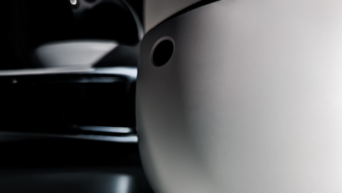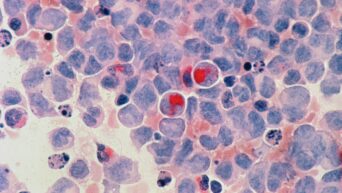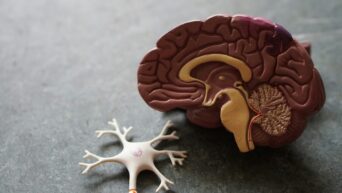
Credit: Unsplash
This invention can detect stress-induced shifts in body chemistry.
The modern human is subjected to quite a lot of stress on a regular basis. Kids struggle in school, adults bemoan their jobs, and everyone’s just sort of generally afraid of the future. Your body experiences stress as part of its evolutionary fight-or-flight response; when your body senses the potential of incoming danger, it begins producing cortisol, commonly known as the stress hormone, to prepare your brain and muscles for more demanding actions. Cortisol imbalances can lead to stress-related conditions like depression and burnout, but it’s difficult to gauge someone’s stress levels until they’ve already blown a fuse. At least it was, until now.
A group of engineers from the Swiss Federal Institute of Technology Lausanne, specifically in their Nanoelectronic Devices Laboratory, have developed a special chip that can determine the levels of cortisol in a human body by reading sweat. The chip contains a special graphene transistor that can bind to cortisol present in sweat to determine how much of it a body is secreting, which by extension, can give insight into how much stress someone is under.
“Until now there has been no way to quantify stress levels in an objective manner,” EPFL said in an announcement. “This creation has the potential to change that.”
Using this new chip as a base, the engineers are aiming to create a new generation of wearable devices that could monitor someone’s stress levels on the fly, providing warnings and advisements when their cortisol levels are out of whack. “That’s the key advantage and innovative feature of our device. Because it can be worn, scientists can collect quantitative, objective data on certain stress-related diseases. And they can do so in a non-invasive, precise and instantaneous manner over the full range of cortisol concentrations in human sweat,” Nanolab head Adrian Ionescu said.
The engineers are currently working with Lausanne University Hospital to test the chip on human patients, with an emphasis on those that suffer from stress and cortisol-related condtions.































